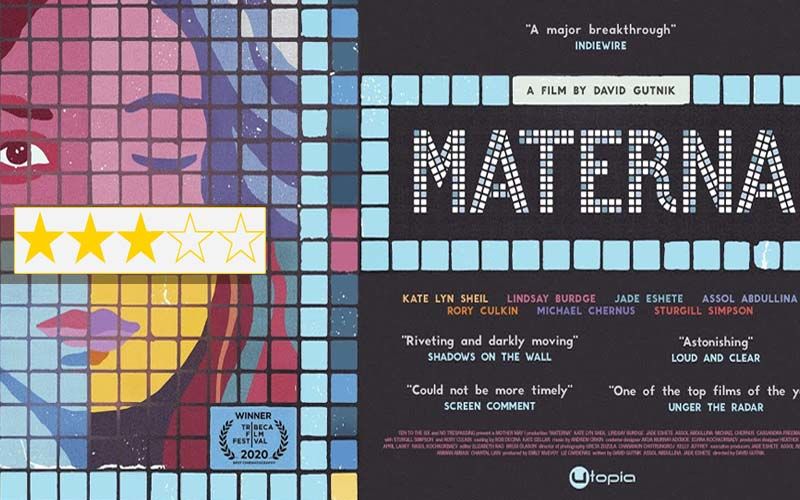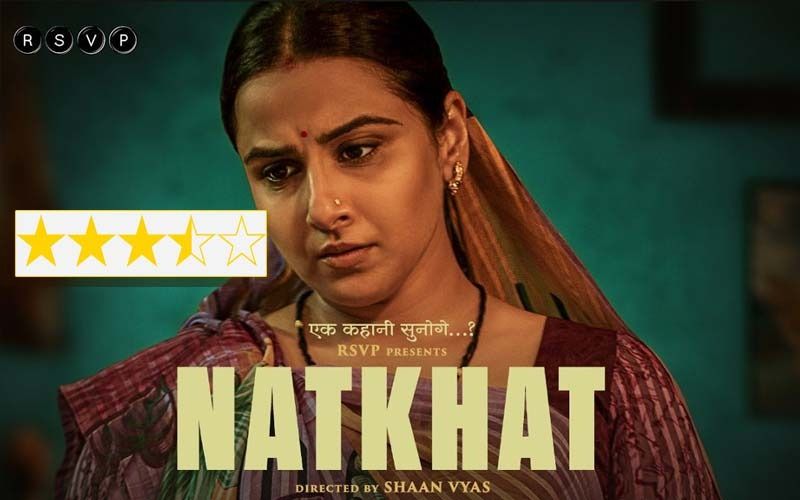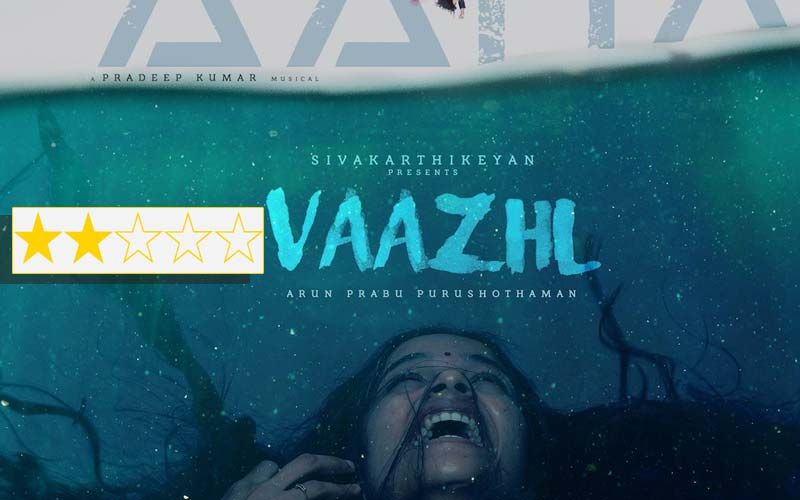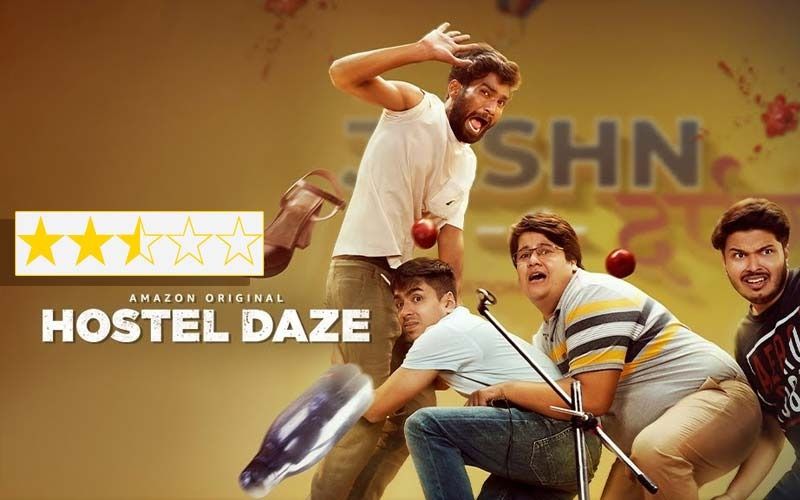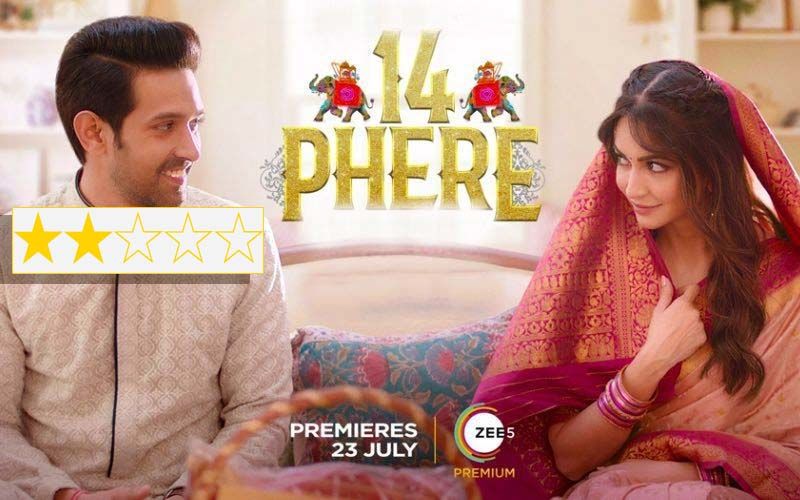Sarpatta Parambarai Review: Probably The Finest Pugilistic Film India Has Made
Everything flows organically in the script. Everything is just right most of the way. Arya and Pa Ranjith have much to be proud of.
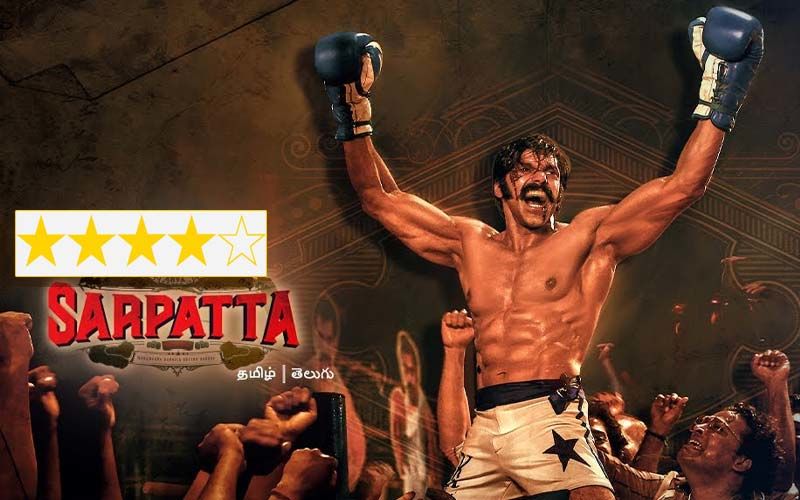

The story is set in North Chennai during the 1970s when a state of emergency was declared across the country. Tamil Nadu stubbornly maintains its autonomy. The politics of the region serves as a solid backdrop for the clashes that happen in the boxing ring when all pretence of decency is abandoned as the fighters get down to basics, hurling verbal and physical blows in a show of crass sportsmanship that the film’s mood captures and reifies brilliantly in its characters’ restless energy,none more so than Kabilan.
In the author-backed role of Kabilan, Arya is a revelation. I’ve seen his earlier works. Nothing he has done in the past can ever equal the power and glory the self-destructive streak and the redemptive strength that pull his character out of his self-made abyss into a tentative light at the end when in the final fight in the ring, he defeats his main adversary. His wife and mother who hate his boxing ambitions are there to cheer him on. The power of cinema is to sway and derail negative emotions.
One of the many unadulterated pleasures of watching Sarpatta Parambarai is to see Kabilan’s absolutely endearing relationship with his wife. As Mariyamma, Kabilan’s wife Dushara Vijayan is a firecracker, reducing her athletic husband to a cowering whining figure with her possessive affections. Pasupathy as Kabilan’s coach is intimidating in his self-righteous fury. One minute dismissing Kabilan as a wastrel with one flick of his wrist, massaging his injured protégé’s hand the next.
If the husband-wife relationship rings true, the guru-shishya tradition is here taken into a zone of insulated adoration where the protégé hero-worships his guru blindly. Arya manifests all the roles and emotions of his character with majestic authenticity and an empowering rawness. He is childlike in his stubbornness and a true hero in his selfless quest for victory in the boxing ring.
Pa Ranjith loves to shoot mob rage. This, we’ve seen in his earlier (far inferior) works like Kabali and Kala. In Sarpatta Parambarai rival factions confront one another in the ring and on the streets with a corrosive disregard for decorum. The narrative shows a thin line dividing the sportive spirit from criminal activities. It hops and skips between rage and compassion, abandoning neither emotion long enough for us or the characters to get comfortable in the other emotion.
I have a major quibble with the way writer-director Pa Ranjith rush-speeds through the episode which shows Kabilan’s descent into an alcoholic mess. The graceless rush is obviously to cut down on the playing time which is close to three hours. But it jars. The period drama never jars. The political mood of the 1970s and the sartorial and linguistic norms of the era are never pushed into the narrative. Everything flows organically in the script. Everything is just right most of the way. Arya and Pa Ranjith have much to be proud of.
Written & Directed by Pa Ranjith, Sarpatta Parambarai gets 4 stars.
Image source: Youtube/AmazonPrimeVideoIndia
